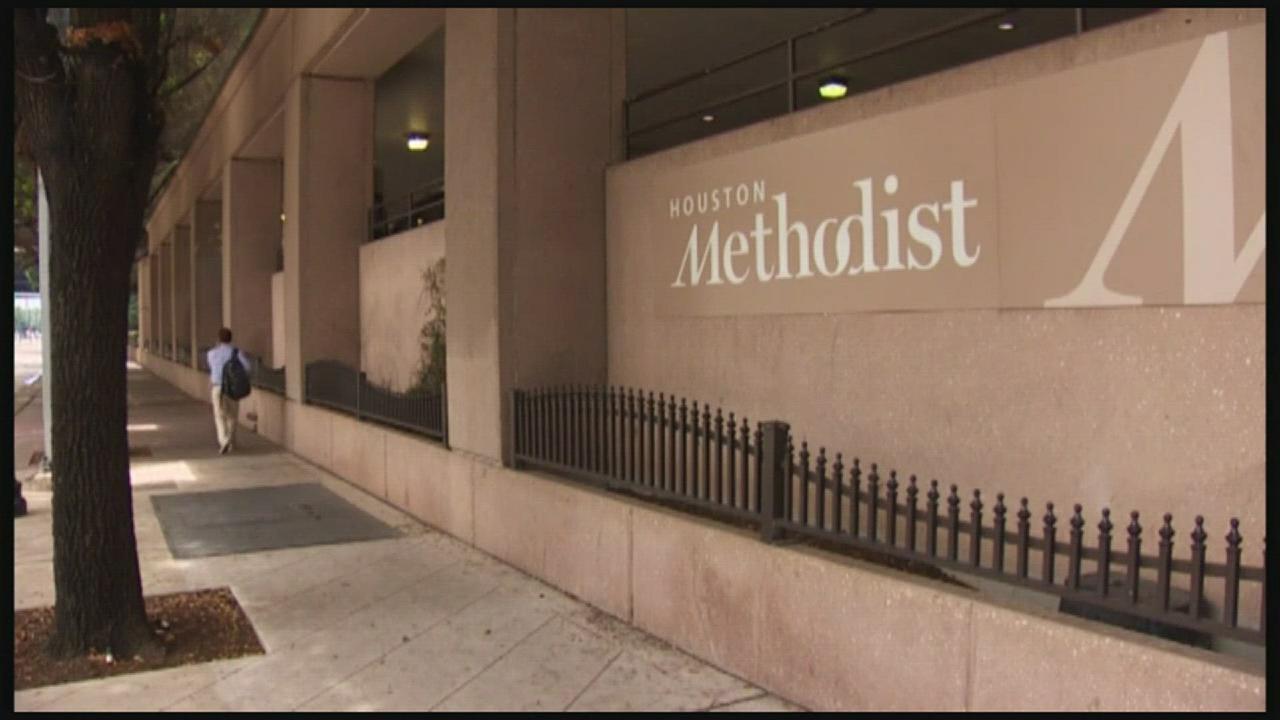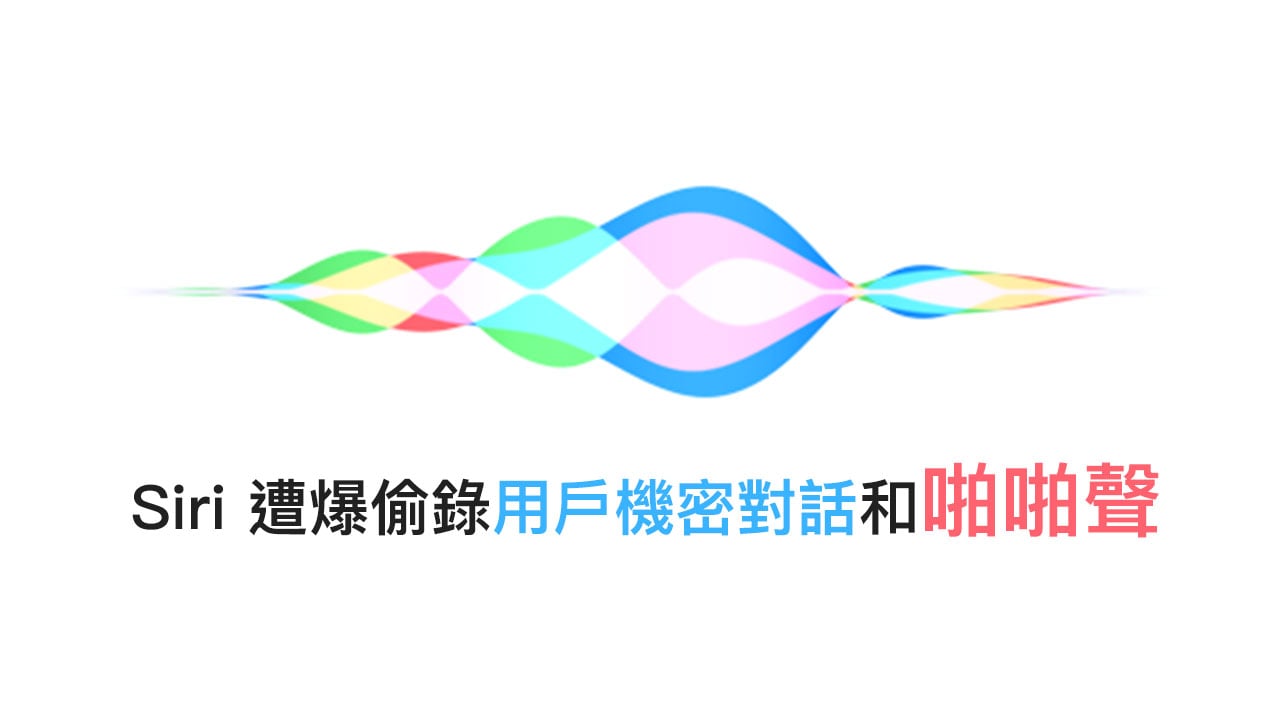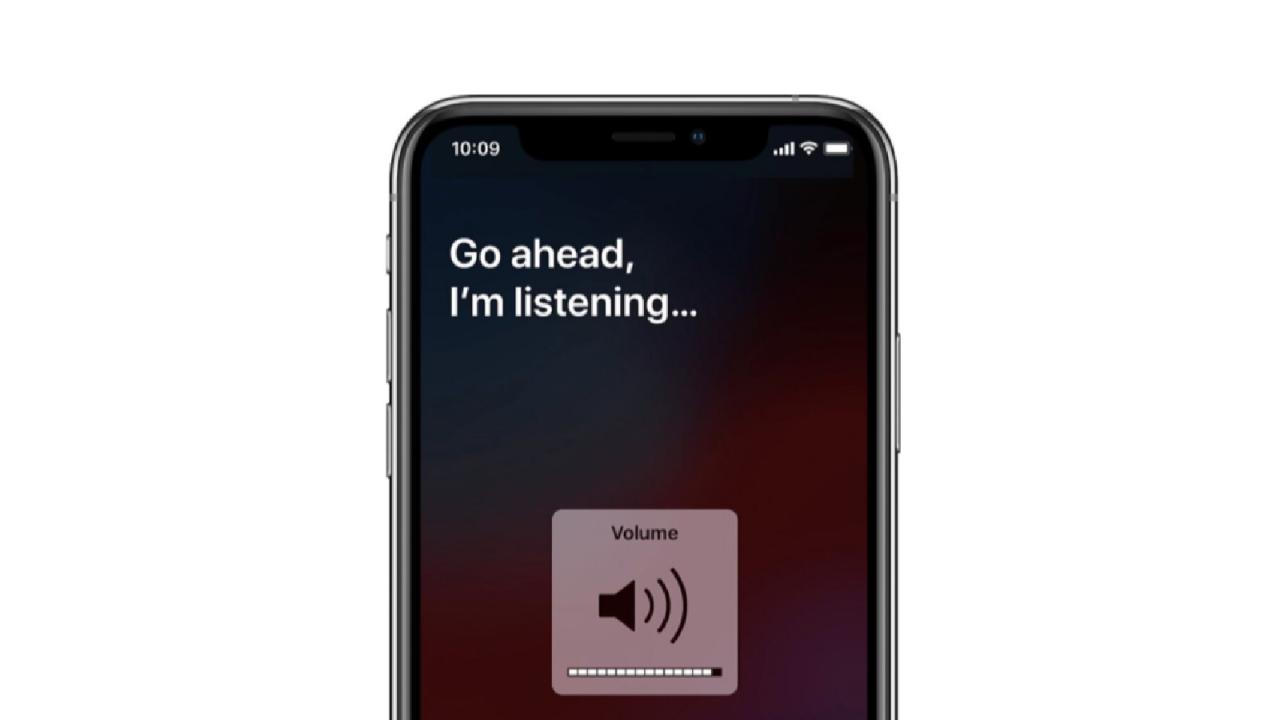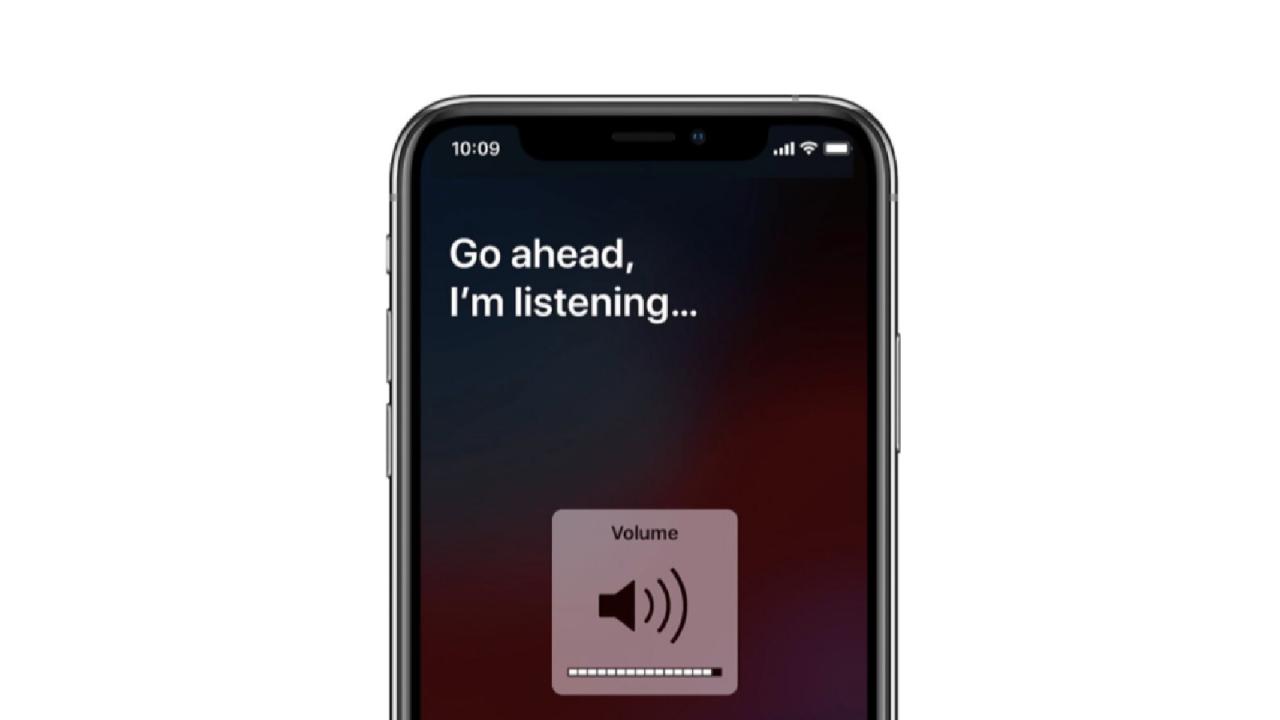Apple to pay $95M to settle lawsuit accusing Siri of eavesdropping – that’s the headline grabbing everyone’s attention! This massive settlement stems from a class-action lawsuit alleging Apple’s virtual assistant, Siri, secretly recorded and stored users’ private conversations without their knowledge or consent. We’ll break down the lawsuit’s claims, Apple’s response, and the implications for your privacy and the tech industry as a whole.
Get ready to learn about the legal battles, the tech behind Siri, and what this means for the future of voice assistants.
The lawsuit detailed numerous instances where Siri allegedly recorded conversations, even when users weren’t actively engaging the assistant. Plaintiffs argued this violated privacy laws and constituted a breach of trust. Apple, initially denying wrongdoing, ultimately decided to settle, likely to avoid a lengthy and potentially costly trial. The settlement’s terms include a significant payout to affected users and, more importantly, a renewed focus on improving Siri’s privacy features and transparency.
Apple’s $95 Million Siri Eavesdropping Settlement: Apple To Pay M To Settle Lawsuit Accusing Siri Of Eavesdropping
Apple recently agreed to pay $95 million to settle a class-action lawsuit alleging that its virtual assistant, Siri, recorded and stored users’ conversations without their knowledge or consent. This settlement marks a significant development in the ongoing debate surrounding data privacy in the tech industry and the ethical implications of voice-activated technologies. This article will delve into the details of the lawsuit, Apple’s response, the implications for Siri’s privacy features, and the broader impact on the tech industry and consumer trust.
The Lawsuit’s Allegations

The lawsuit, filed in 2019, claimed that Siri routinely recorded snippets of users’ conversations, even when the device wasn’t actively being used. Plaintiffs argued this violated various state wiretap laws and constituted a breach of privacy. The legal basis for their arguments rested on the assertion that the recording occurred without informed consent, a crucial element in many privacy regulations.
Alleged instances included Siri recording private conversations, medical information, and financial details. This case shares similarities with other privacy lawsuits against tech companies, such as those involving data collection practices by Facebook and Google, all highlighting the increasing public concern over how companies handle user data.
Apple’s $95 million settlement over Siri’s alleged eavesdropping highlights the importance of data privacy in tech. If you’re a skilled coder concerned about such issues, maybe you should check out full stack developer freelance opportunities and rates to find work building secure systems. The Apple case shows that building trustworthy tech is not only ethical, but also financially significant.
Apple’s Response and Settlement, Apple to pay M to settle lawsuit accusing Siri of eavesdropping
Apple initially denied the allegations, stating that Siri only records audio when a user explicitly activates it. However, they eventually agreed to settle the lawsuit for $95 million. Several factors likely contributed to this decision, including the potential costs and time associated with a lengthy trial, the risk of a larger judgment, and the potential damage to Apple’s reputation.
Apple’s $95 million settlement for Siri’s alleged eavesdropping highlights privacy concerns in tech. This makes you wonder about the spread of misinformation, like the recent worries surrounding What is HMVP virus, Chinas recent ‘Covid-like outbreak’, should we be equally concerned about data security in the face of such health crises? Ultimately, the Apple case reminds us to be mindful of what data we share, regardless of the source.
The settlement avoids admitting liability but nonetheless significantly impacts Apple’s image. The terms of the settlement include a payment to affected users, though the specific amount per user is not publicly available. The settlement also involved commitments to improve Siri’s privacy features and transparency.
| Aspect | Detail |
|---|---|
| Settlement Amount | $95 million |
| Affected Users | California residents who used Siri between 2010 and 2019 (specific numbers not publicly released). |
| Conditions | Apple neither admits nor denies liability; commitment to improved privacy features. |
| Payment per User | Varies depending on class membership and claim details; not publicly disclosed. |
Siri’s Privacy Features and Functionality

Siri’s privacy settings allow users to control aspects of data collection, such as whether Siri should listen for the wake word (“Hey Siri”) or whether data should be used to improve Siri’s performance. Siri’s voice recognition relies on complex algorithms and machine learning models that process audio data to understand and respond to user requests. However, potential vulnerabilities exist, including the possibility of unauthorized access to recorded data or flaws in the encryption process.
The ethical considerations surrounding voice assistants center on balancing the convenience and functionality of the technology with the protection of user privacy.
Impact on the Tech Industry and Consumer Trust
This lawsuit underscores the growing scrutiny of data privacy practices within the tech industry. It has the potential to inspire similar lawsuits against other companies using voice assistants. The case has eroded consumer trust in both voice assistants and technology companies in general, leading to increased skepticism about data collection practices. Improvements are needed to restore confidence.
- Increased transparency regarding data collection practices.
- Enhanced data encryption and security measures.
- More robust user controls over data sharing.
- Independent audits of data security protocols.
- Clearer communication about how user data is used.
Future Implications for Voice Assistant Technology

To enhance user privacy, future voice assistants should incorporate advanced privacy-preserving technologies. Differential privacy, for example, could add noise to the data to prevent individual identification while still allowing for useful analysis. Federated learning allows models to be trained on decentralized data, reducing the need for centralized data storage. These technologies would address concerns raised in the lawsuit by minimizing the risk of unauthorized data access.
A careful balance must be struck between the functionality of voice assistants and the privacy rights of users.
So, Apple’s forking over $95 million to settle that Siri eavesdropping lawsuit – a hefty price for peace of mind, right? Meanwhile, check if you’re eligible for some extra cash with the Special £25 Cold Weather Payments set to enter bank accounts in the UK. That’s a nice little bonus while we’re all worrying about tech giants listening in!
Visual Representation of Data Collection
Imagine a flow chart. User speaks to Siri. The audio is captured. The audio is then encrypted and sent to Apple’s servers. Here, the audio is processed by Siri’s algorithms for voice recognition and intent understanding.
A portion of the data, potentially anonymized, might be used to improve Siri’s performance. The rest is retained for a specified period, adhering to Apple’s data retention policies. Data encryption is implemented throughout the process. Anonymization techniques may be used, removing identifying information to protect user privacy. The data is then stored securely on Apple’s servers, subject to their security protocols.
A visual representation of the legal process would show a timeline starting with the filing of the lawsuit, progressing through various stages such as discovery, motions, negotiations, and culminating in the final settlement agreement. This would highlight key milestones and decision points, showcasing the journey from initial allegations to the resolution.
End of Discussion
The $95 million settlement in the Siri eavesdropping lawsuit marks a significant turning point for Apple and the broader tech industry. It highlights the growing concerns surrounding data privacy in the age of voice assistants and smart devices. While the settlement provides some relief to affected users, it also underscores the need for greater transparency and stronger safeguards to protect user data.
This case serves as a cautionary tale, reminding tech companies of their responsibility to prioritize user privacy and build trust with consumers. The future of voice assistant technology hinges on addressing these privacy concerns head-on, through improved design, stronger security measures, and a commitment to ethical data handling practices.
Clarifying Questions
What specific privacy settings can I adjust for Siri?
You can control Siri’s access to your location, contacts, and other data through your iPhone’s settings. Check your device’s privacy settings for detailed options.
How does this settlement affect me personally?
If you were a Siri user during the relevant timeframe, you may be eligible for a portion of the settlement. Check for updates on the official settlement website for details.
Will this lawsuit lead to changes in other voice assistants?
It’s likely to increase scrutiny of other voice assistants and prompt companies to review and improve their privacy practices to avoid similar legal action.
What is Apple doing to prevent future eavesdropping incidents?
Apple is likely implementing improved data encryption and anonymization techniques, as well as refining Siri’s activation and recording protocols. Specific details may not be publicly available.
